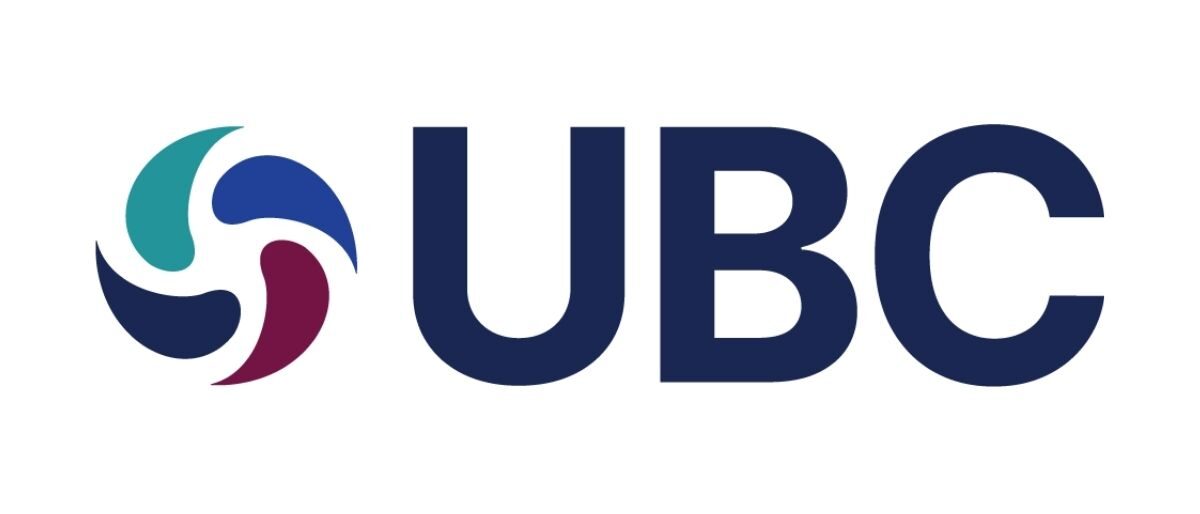Instability is woven into our industry’s DNA. We operate daily in a high-stakes, high-risk environment where financial pressures, regulatory changes, and patient lives hang in the balance. The CRO selection process reflects this tension, few other sectors require competitors to both challenge and collaborate with one another, often for the same client. Our ecosystem is built on expertise, trust, and long memories, and everyone remembers how a company handles pressure.
Which makes it even more complicated when you realize a mid-study change might be necessary. Switching service providers in the middle of a clinical trial is never simple. Patient safety, accountability, personal relationships, and significant financial investment are all on the line. With RFP-to-contract cycles stretching from three to 12 months, the sunk costs in time and effort can feel overwhelming.
Even with these pressures, a moment comes when the risks to data, timelines, and delivery are too great, and the same conclusion is drawn: it’s time to move on. Some signals are obvious, while others are much quieter. At UBC, our rescue experts have seen them all. Here are a few of the most common — and what to do about them.
Trigger Point 1: Communication Worries
You’re nearing a study first: site activated, patient screened, IP delivery, but responsiveness on the CRO side has stalled. Your repeated outreaches go unanswered, and it’s unclear who owns communication and accountability. Every email gets forwarded to a new name in the reply chain. Every meeting has a new project management person. You’re spending twice the time you budgeted just to get answers to basic questions about your study.
This is one of the most frequent pain points Sponsors cite, particularly with large CROs. They highlight shifting teams, the breakdown of communication, spotty governance, and lack of personalized attention as their biggest frustrations. Yet even though these communication breakdowns are painful, they are often reversible. The right CRO will respond when feedback is delivered clearly, when additional transparency is requested, and when expectations are tied to measurable outcomes.
“We promise good communication” is not a tagline; it’s a mandate. It demands a competent team, a well-established structure, and an organization devoted to study ownership and strong training.
Our Approach:
At UBC, communication isn’t left to chance. We apply a centralized model, assigning a single point of contact who serves as the fulcrum for study management. In a rescue, that focus becomes even sharper, aligning our expert Rescue Team with specialized staff that can anticipate bottlenecks, communicate effectively, and neutralize transition risk.
“We think in terms of creating a tailored clinical support team. This isn’t a call center or an inbox—these are real people dedicated to the transition, one single point of contact,” Rahul Malhotra, Program Director explains. “Sometimes the sponsor is just overwhelmed, and it’s our job to show up consistently and provide that stability.”
Trigger Point 2: The Bait and Switch
This one is infamous. “It feels like every conference I’ve been to this year,” notes JB Flinders, Executive Director of Strategic Client Engagement, “Sponsors commiserate about how their CRO’s ‘A team’ was replaced by the ‘C team’, rarely with an explanation why.” It’s a pain many sponsors feel. You sign with a CRO expecting a specific team, a defined price, and a clear delivery path. Then post-award, things start to shift. The team changes, timelines extend, and your inbox is suddenly full of change order requests. The CRO you thought you hired no longer resembles the one now running your trial.
In the highly competitive environment of drug development, this can be disastrous. While the most evident costs are budgetary, more subtle costs in credibility, potential market share, and stakeholder relationships begin to emerge. Your “strategic partner” suddenly feels less integrated and more transactional. The essence of partnership may still be there, but the real test is what happens when things go wrong.
Our Approach:
No two rescues are alike, but one truth remains constant: recovery depends on readiness. Our experienced Rescue Team brings decades of experience managing complex, at-risk trials across numerous therapeutic areas. We have encountered every rescue challenge imaginable and have solutions ready from Day 1.
We know that rescue work is as much about rebuilding trust and stabilizing the relationship – with you, your sites, and your patients – as it is about operational turnaround. That process begins long before contract signature, building proposals grounded in realism with an eye toward sustainable, measurable, and dependable results.
Counter Point: Radical Accountability
A successful partnership isn’t about hitting the mark 100% of the time, it’s about trust and accountability. In clinical development, failure often teaches faster than success, and your most valuable partners are those who own their mistakes, improve processes, and move forward without any loss in momentum.
For the studies you have, it may be worth asking: Do you enjoy working with your project team? Is senior leadership actively engaged or CC’d occasionally in a long chain of emails? Do you have transparency into budgets, study team decisions, and milestones? These answers may be strong indicators of long-term compatibility with your CRO partner.
Do you enjoy working with your project team? Is senior leadership actively engaged or CC’d occasionally in a long chain of emails? Do you have transparency into budgets, study team decisions, and milestones?
Ultimately, while our endpoints are data-focused, we are an industry of relationships. Each of us is a steward, working towards a singular goal of better outcomes for patients. Success isn’t one-size-fits-all, but strong communication, meaningful connections, and collaborative and transparent processes ensure that positive outcomes are more likely to be met.
Final Thought: What the Data Says
A recent Tufts Center for the Study of Drug Development analysis confirms growing sponsor concern about the operational stability of large CROs. It notes performance volatility and turnover as primary risks, which reinforces the need for true partnership models rather than traditional transactional outsourcing. In an era defined by volatility, UBC is here to support our Sponsors by pairing operational excellence, data-driven strategies, dedicated oversight, and an environment of trust and transparency.
Read part one of our series here.
About UBC
United BioSource LLC (UBC) is the leading provider of evidence development solutions with expertise in uniting evidence and access. UBC helps biopharma mitigate risk, address product hurdles, and demonstrate safety, efficacy, and value under real-world conditions. UBC leads the market in providing integrated, comprehensive clinical, safety, and commercialization services and is uniquely positioned to seamlessly integrate best-in-class services throughout the lifecycle of a product.

About the Author
JB Flinders, Executive Director, Strategic Client Engagement
With over 16 years of clinical and academic research experience, JB Flinders has an extensive track record of driving successful operational, feasibility, and analytic strategy across the full scope of therapeutic areas and trials including multiple rescue studies.

Rahul Malhotra, Project Director, Global Project Delivery
Rahul Malhotra is an experienced clinical research Director with more than 17 years in global project delivery. He is recognized for his strategic oversight, strong client partnerships, and successful delivery of studies Globally, spanning Real-World Evidence and interventional research across a wide range of therapeutic areas.

Natania Barron, Sr. Director, Marketing
Natania Barron is a life sciences marketing professional with over 20 years of experience. Her passion is storytelling at the intersection of data and narrative.





